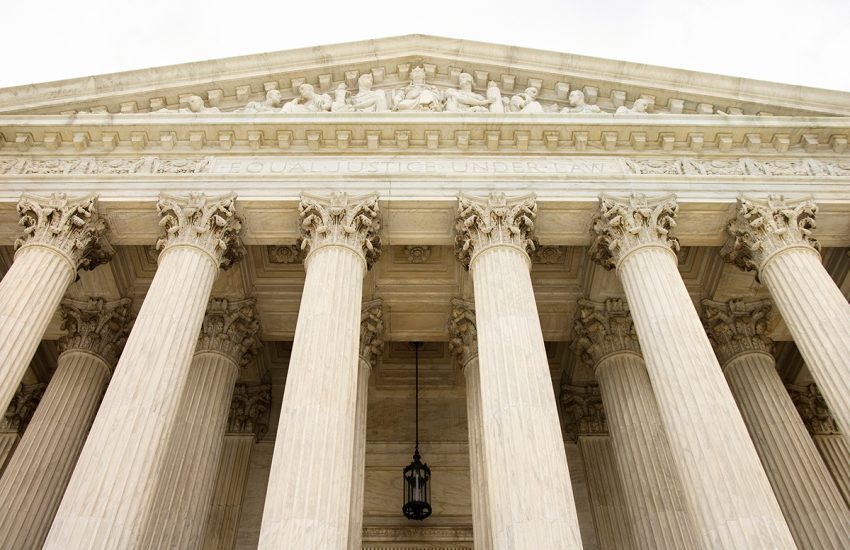The National Environmental Policy Act (NEPA) applies to a major federal action that significantly affects the quality of the human environment. On June 30, several federal agencies took their own federal action which will likely have significant impacts in how NEPA is implemented in the future.
In particular, the Federal Energy Regulatory Commission, Department of Agriculture (DOA), Department of Energy (DOE), Department of Interior (DOI) and Department of Transportation (DOT) revoked their regulations which govern how these agencies handle their review of proposed projects under …
Continue Reading








